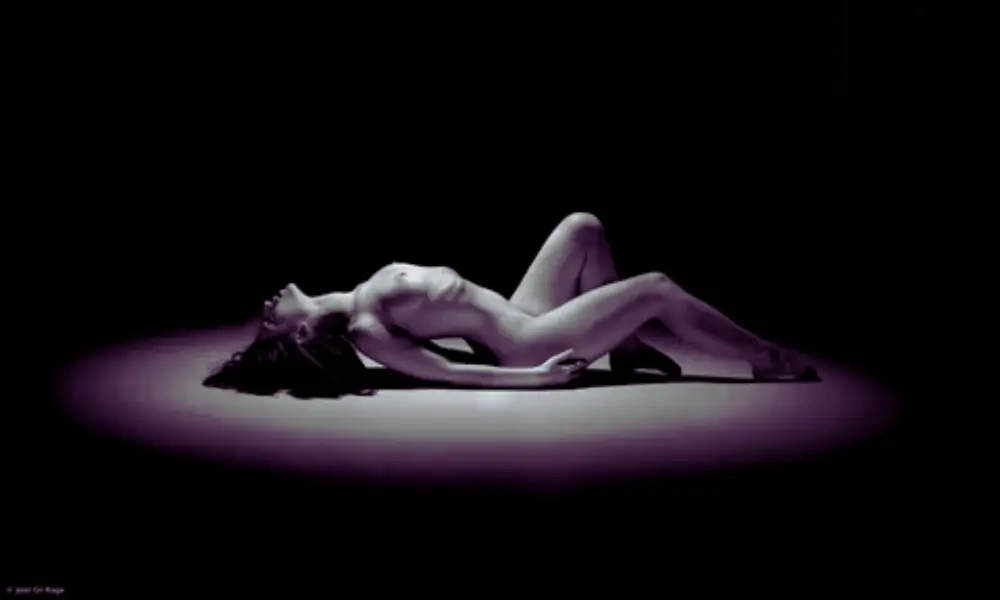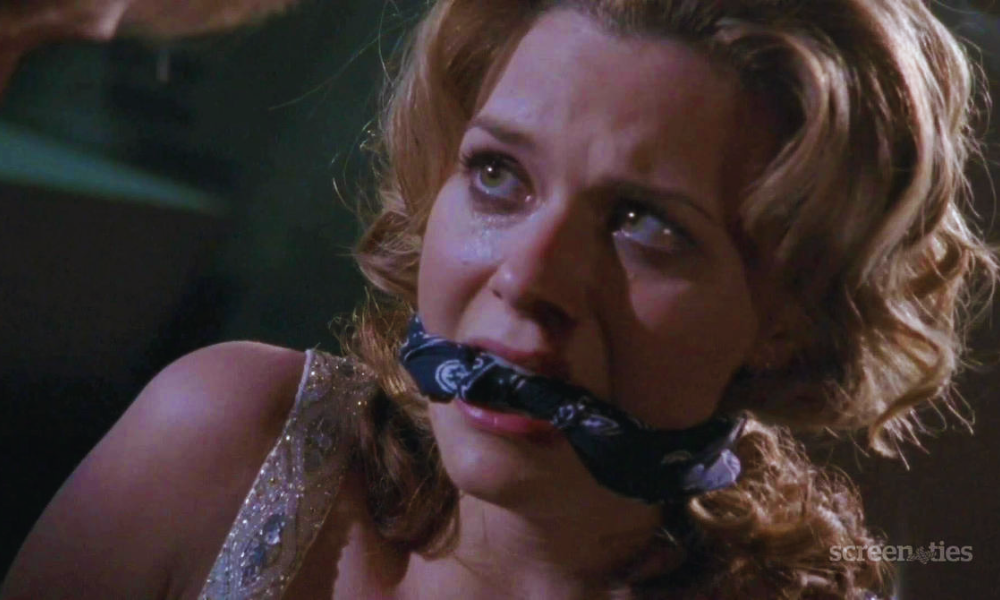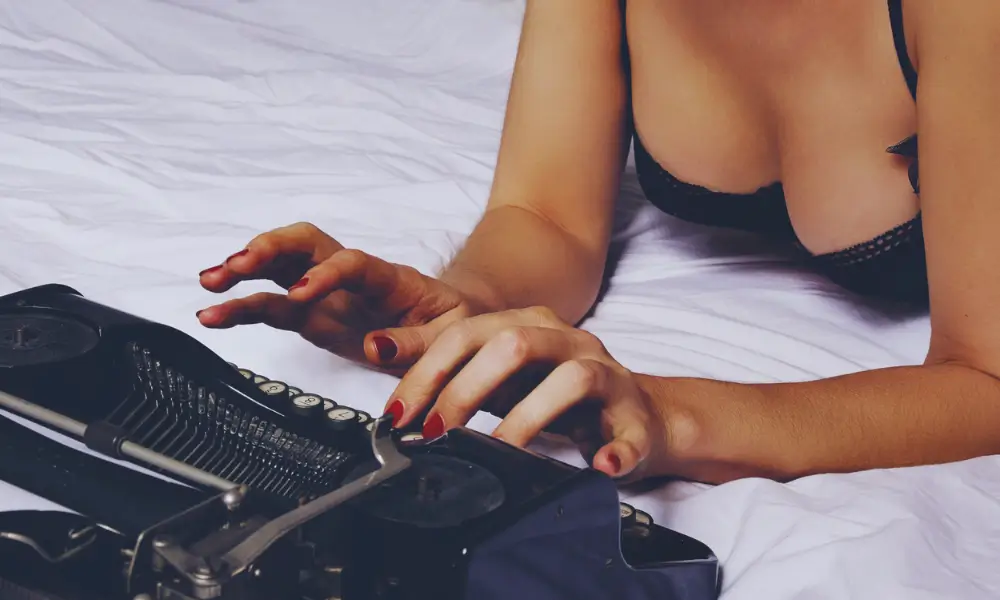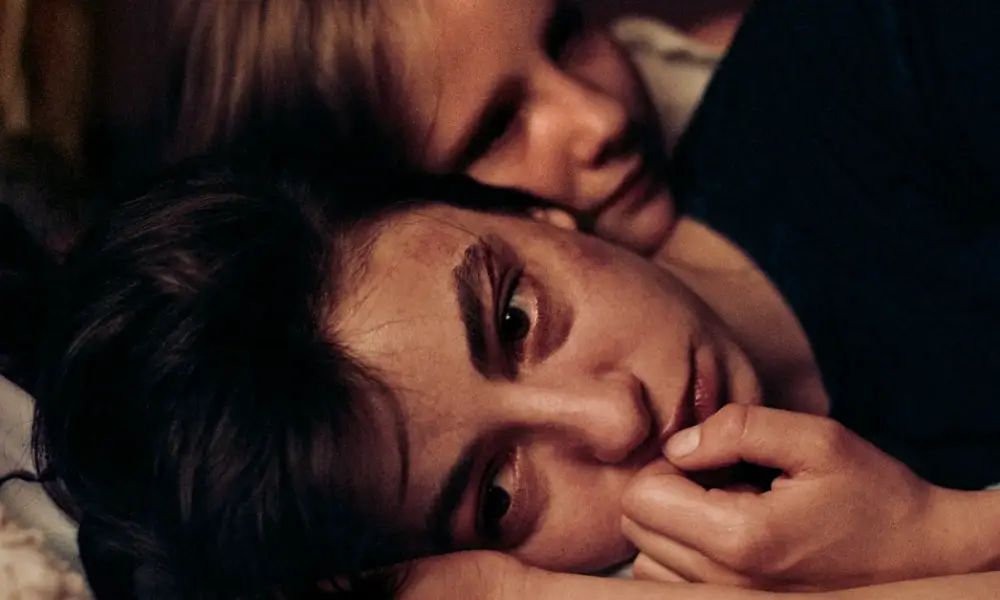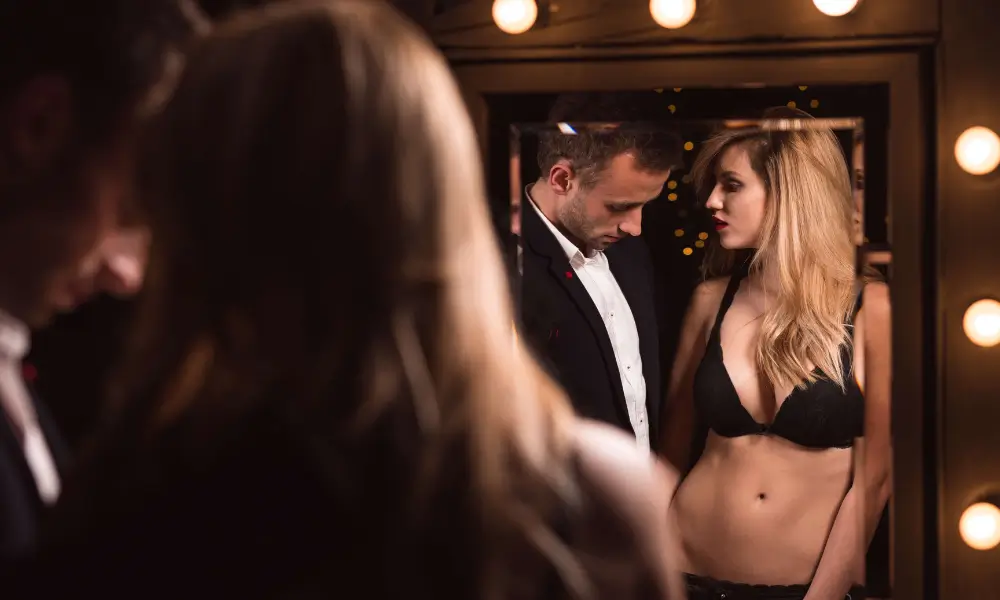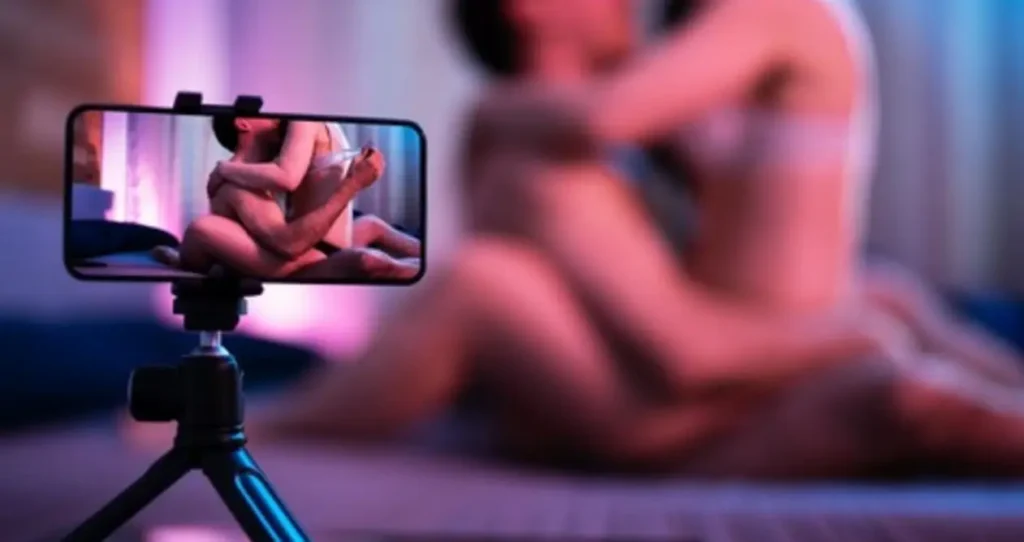Fappening 3.0 Exposed – Truth Behind the Alleged New Leaks
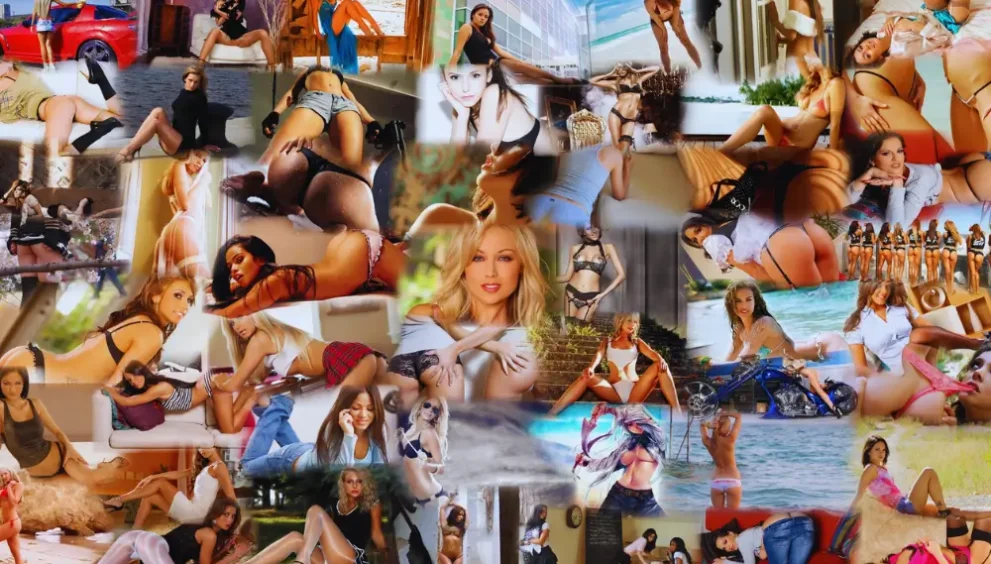
There’s a moment that hits differently when you’re scrolling late at night and you see it: a name trending, a headline buzzing, and beneath it, whispers of leaked content. You pause. Not because it’s new, but because it keeps happening.
This isn’t just news. It’s a pattern. A familiar wave of shock, violation, curiosity, and guilt tangled into one. And somewhere in the middle of that chaos is a human being, stripped of their consent, dignity, and control, reduced to a file name and download link.
That gut-punch moment happened again recently. The whispers grew louder. The leak threads expanded. Screens lit up with the phrase: Fappening 3.0. And just like that, the internet’s darkest circus was back in session.
Writing this, I’m not coming from a place of judgment. I’ve seen the temptation. I’ve felt the digital pull. But over time, something changed. Curiosity turned into discomfort. Discomfort into awareness. And awareness into anger not just at the leakers, but at a culture that treats privacy like a joke and bodies like clickbait.
Fappening 3.0 isn’t just about leaked photos. It’s about what we choose to click, ignore, or stand up against. And maybe it’s time we finally draw a line before the next name trends, and the next person gets broken.
A Refresher: What Was The Fappening?
The term “Fappening” is a portmanteau of “fap” (a slang term for masturbation) and “happening.” It was coined by online communities in 2014 after the massive unauthorized leak of private nude photos and videos of dozens of female celebrities.
Stars like Jennifer Lawrence, Kate Upton, and Kirsten Dunst had their iCloud accounts hacked. It was exposing intimate content they never intended for public consumption. It is considered among the world top celebrity leaks.
Key Facts:
- The leaks were first shared on 4chan and Reddit.
- The content was stolen via phishing scams and weak security loopholes.
- The FBI got involved.
- The culprits were eventually tracked down and jailed.
Then came a second wave Fappening 2.0 in 2017. New names. Same sick circus. And now, in 2025, Fappening 3.0 is allegedly upon us.
What Is Fappening 3.0?
Fappening 3.0 isn’t just a reboot, it’s a full-blown upgrade in chaos. This time, the leaks aren’t coming from a few centralized hacks. They’re scattered across platforms, hidden behind paywalls, trickling out on Telegram, X (formerly Twitter), Discord, and shady adult forums.
Alleged targets of Fappening 3.0:
- A-list actresses and pop stars
- Popular OnlyFans creators
- Influencers with millions of followers
- Even a few high-profile male celebrities (a twist that’s new)
The difference this time? The victims seem less shocked and more furious. Many are pushing back, suing platforms, hiring cybersecurity firms, and publicly naming the forums and Reddit subs hosting the content.
How Did This Happen Again?
You’d think after two waves of scandals, people would learn. But digital security is a moving target. Here’s how Fappening 3.0 allegedly happened:
1. Phishing 2.0
No more cheap “Apple ID” scam emails. Today’s phishing techniques are almost artistic. Spoofed texts from real contacts. Fake brand emails with pixel-perfect layouts. One click, and attackers are inside.
2. Cloud Sync Failures
People forget that apps like Google Photos or iCloud sync everything, often by default. Even deleted photos can linger in a “recently deleted” folder, vulnerable to anyone with access.
3. Compromised Content from Subscription Sites
OnlyFans, Fansly, and other adult platforms became goldmines for leakers. While creators upload content under paywalls, subscribers can still screen-record, rip, or resell. And yes! many alleged Fappening 3.0 leaks are stolen content from OF creators who never agreed to their work being spread freely.
4. AI Deepfake Confusion
Here’s where it gets scary. Some of the “leaks” may not be real. AI-generated deepfakes can now mimic voice, body, and facial expressions with alarming accuracy. A few celebrities have already claimed the leaks are fake and AI-generated. And honestly, it’s getting hard to tell the difference.
Why People Still Click: Our Collective Curiosity
Let me get personal here.
The digital world has made us all voyeurs, whether we like it or not. There’s a strange thrill in forbidden content. And that’s the dark side of the Fappening. It reveals not just stolen photos but something even more intimate: our own morality.
When I first saw those leaked pictures in 2014, I didn’t think much. “They’re celebrities,” I told myself. “They knew the risks.”
But over the years, my view shifted. Maybe it was reading Jennifer Lawrence’s raw interviews about trauma. Or maybe it was watching hackers get smarter, privacy get weaker, and people – normal, everyday people getting exposed for the world to mock.
Fappening 3.0 isn’t just about celebrities. It’s about all of us. If they can be exposed, so can we.
Public Reaction: Outrage, Hypocrisy, and Clicks
You’ll see hashtags like #ProtectPrivacy or #StopLeaks trending. But they often sit right beside Reddit threads sharing Mega links or “compilation packs.” The internet is weirdly double-faced: expressing outrage in one tab while downloading in another.
Even platforms like X and Reddit try to “crack down,” but leaked content lives in the shadows. Telegram groups grow overnight. Mirror sites pop up hours after takedowns. A hydra-like system built by digital pirates.
The Victims: Beyond the Headlines
For the celebrities involved, Fappening 3.0 is more than an invasion it’s a theft of control.
- Careers get paused.
- Endorsements drop.
- Mental health suffers.
Some stay silent. Others post powerful statements. One actress tweeted, “This wasn’t consent. This was a crime. And I won’t be shamed.” The bravery is admirable, but they shouldn’t have to be brave in the first place.
And for smaller creators like OF girls with under 10K subs – it’s even worse. Their entire income depends on people paying for content. When leaks spread, they don’t just lose privacy, they lose livelihood.
Legal Action and Cybersecurity: Fighting Back
The Fappening 3.0 wave triggered an urgent response:
- DMCA Takedowns – Victims and agencies flood Google with removal requests.
- Lawsuits Against Hosting Sites – Victims sue platforms that fail to act quickly.
- Private Investigators – Some hire digital forensics teams to trace leak sources.
Ironically, despite better laws, tech still favors the leaker. An image removed from one site appears on five more within hours. The process feels endless. And exhausting.
The Role of Fans: Support or Silence?
In today’s world, celebrities build fandoms that feel more like communities. That connection comes with responsibility. Many fans now step up to report leaks, flag illegal uploads, and spread awareness about ethical consumption.
But others still fall into old patterns: searching, screenshotting, sharing.
So here’s a simple personal request, from one internet user to another:
Don’t click. Don’t share. Don’t participate.
You don’t need leaked nudes to admire someone. Respect looks better than curiosity.
How We Can Protect Ourselves?
The Fappening 3.0 saga isn’t just for celebs. It’s a warning to everyone who uses the internet.
Here are practical steps to secure your own privacy:
- Use strong, unique passwords for every account.
- Enable two-factor authentication on all cloud services.
- Avoid syncing sensitive media to cloud apps.
- Use privacy filters on apps like Telegram or Discord.
- Be cautious with links, even if they come from trusted sources.
- Don’t store nudes on your phone. Or if you do, use secure vault apps with encryption.
And above all remember that once something goes online, even for a second, it might never disappear.
Conclusion: The Truth Behind the “Truth”
Fappening 3.0 isn’t just a headline. It’s a mirror reflecting how far we’ve come and how far we’ve yet to go.
Yes, technology gave us convenience. But it also gave us the tools to hurt, exploit, and degrade. The only thing standing between privacy and violation is our collective ethics.
I wrote this article not just as a writer, but as a person who’s seen too many friends, creators, and innocent people get exposed against their will. If you’ve ever been tempted to click on “leaked” content, pause and ask:
What if this were me? My partner? My friend?
Respect isn’t old-fashioned. It’s revolutionary.
🔒 Disclaimer
This article is intended for informational and educational purposes only. It does not promote, endorse, or encourage the viewing, sharing, or distribution of non-consensual explicit content, including leaked or stolen media. All names and references to public events are used solely to examine issues related to digital privacy, cybersecurity, and ethical internet behavior.
We strongly condemn all forms of privacy invasion, revenge porn, and illegal content sharing. If you come across leaked or unauthorized content, we encourage you to report it to the appropriate platform or authorities.
Always respect the privacy and consent of others online and offline.






















